To guard against uncertainties in the post-President Joe Biden era, like-minded countries in the region such as Australia and South Korea are proactively strengthening bilateral relations.
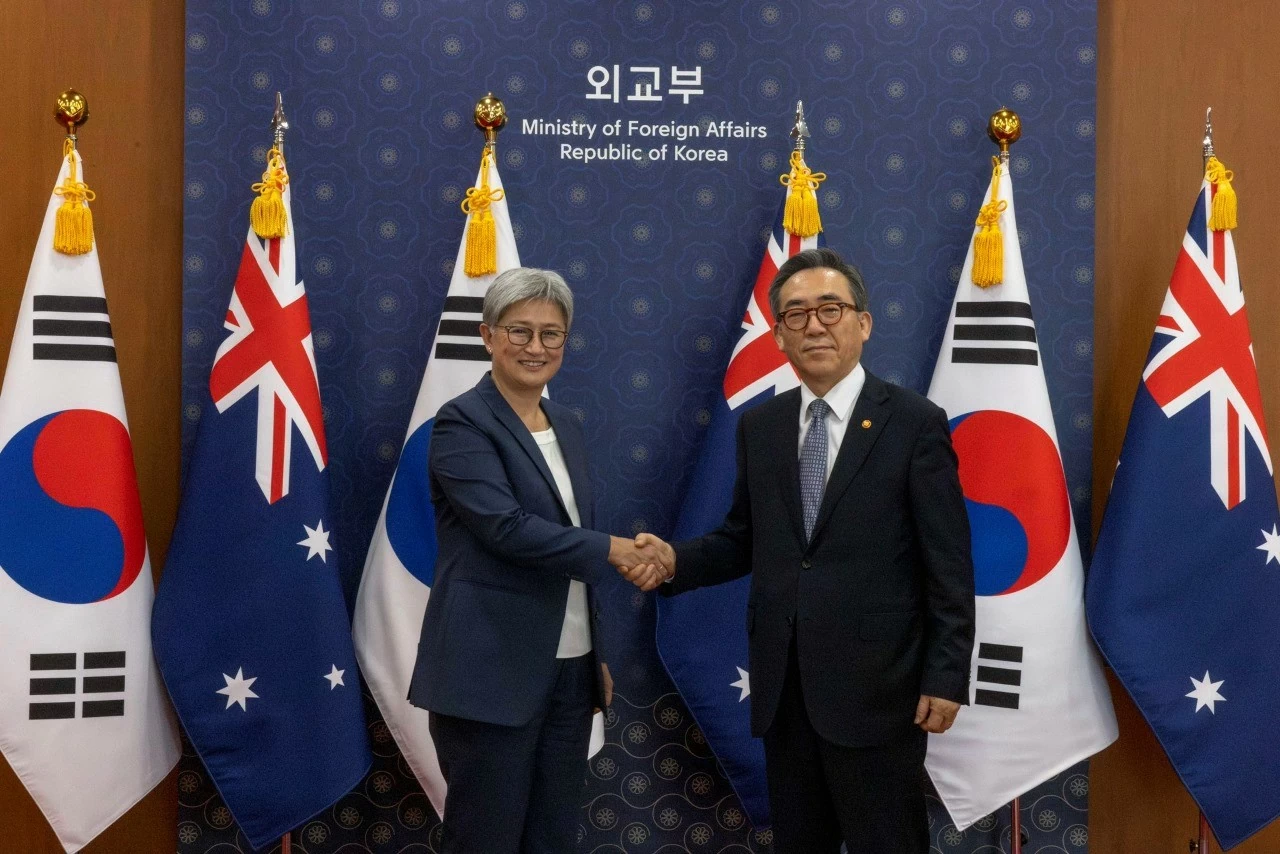 |
| South Korean Foreign Minister Cho Tae-yul (right) and Australian Foreign Minister Penny Wong meet in Seoul, July 30. (Source: Yonhap) |
Political implications
This week, Australian Foreign Minister Penny Wong made an important trip to Laos, Japan, and South Korea from July 26-30. Ms. Wong attended ASEAN meetings in Vientiane and the 8th Quad Foreign Ministers’ Meeting in Tokyo.
At her final destination, Seoul, Ms. Wong held talks with her South Korean counterpart Cho Tae-yul, highlighting the Comprehensive Strategic Partnership between the two countries and toured the buildings of the United Nations Command (a multinational military force that supported South Korea during the Korean War) in the Joint Security Area (JSA), the demilitarized zone (DMZ).
Ms Wong’s agenda in Laos and Japan is not surprising given that ASEAN and Australia are celebrating 50 years of dialogue partnership this year and the increasingly institutionalised Quad. But there are some notable implications for the Australian foreign minister’s activities in Seoul.
For South Korea and the West, the term “Comprehensive Strategic Partnership” is gaining attention and has high political implications after Russia and North Korea signed the Comprehensive Strategic Partnership Treaty in June with a provision for mutual defense between the two countries in case either side is attacked.
South Korea's emphasis on the Comprehensive Strategic Partnership with Australia during Ms. Penny Wong's visit may be a message to North Korea that South Korea is also having strategic ties (in addition to the trilateral cooperation between the US, Japan, and South Korea) on par with the recent Russia-North Korea ties.
In addition, Ms. Wong's visit to the JSA in the DMZ highlighted Australia's support for international cooperation activities to ensure stability and security in the region and demonstrated Australia-South Korea solidarity in sharing common concerns on the North Korea issue.
Like-minded
In addition to the above political symbolic significance, Ms. Wong’s visit to South Korea also reflects the close cooperation between the two like-minded partners in the Indo-Pacific region, as well as progress in implementing the outcomes achieved by both sides at the 6th 2+2 Foreign and Defense Ministers’ Meeting in Melbourne last May.
So far, South Korea has only maintained such a 2+2 dialogue mechanism with two partners, the US and Australia. The meeting in Melbourne was also the first 2+2 dialogue since the administration of South Korean President Yoon Suk-yeol, the administration of Australian Prime Minister Anthony Albanese took office and South Korea announced its Indo-Pacific Strategy.
Thus, Ms. Wong's visit to South Korea after attending the Quad Foreign Ministers' Meeting in Tokyo further emphasizes the importance of close cooperation between countries that share common interests and values.
In a broader sense, the talks between Ms. Penny Wong and her counterpart Cho Tae-yul in the current context demonstrate the connection between middle powers to proactively shape the increasingly uncertain regional architecture. In recent years, the common policy choice of middle powers in the region has been to diversify relations with many partners in the region. As two middle powers with significant influence and resources in the region, Australia and South Korea are not only close partners and two allies of the United States, but also two countries that share a common vision on regional and international issues.
The engagement between the two countries is necessary to prepare for the scenario of Donald Trump winning the second US presidential election after the unexpected withdrawal of incumbent Joe Biden. The uncertainties that Mr. Trump showed during his first term as US President give Australia and South Korea grounds to be concerned about the implementation of AUKUS and the direction of US-Japan-South Korea trilateral cooperation in the post-Biden era.
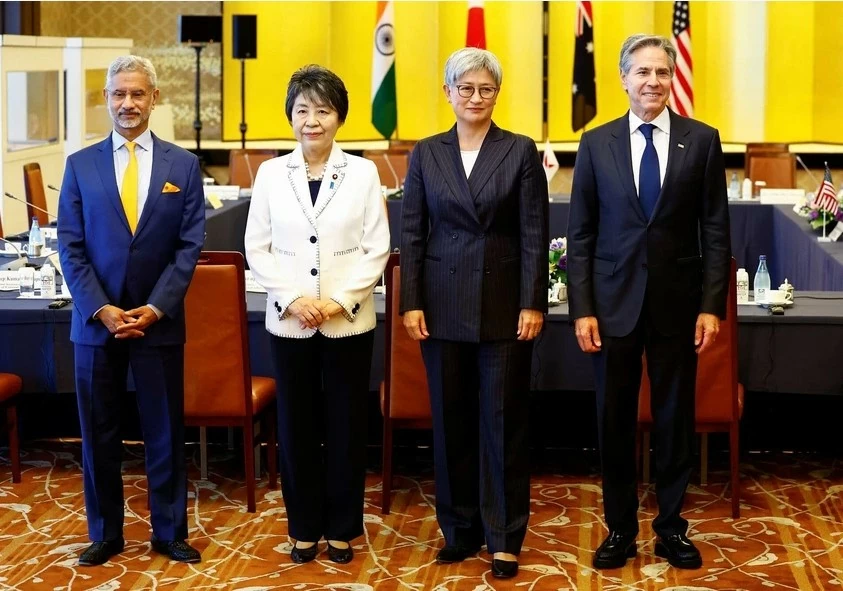 |
From left: Indian Foreign Minister Subrahmanyam Jaishankar, Japanese Foreign Minister Yoko Kamikawa, Australian Foreign Minister Penny Wong and US Secretary of State Antony Blinken at the Quad Summit in Tokyo, July 29. (Source: Reuters) |
Cross-fertilization of interests
The growing convergence of strategic and security-defense interests between Australia and South Korea is also bringing the two countries closer together.
First, they are key partners in implementing each other’s Indo-Pacific Strategy. Australia is South Korea’s largest trading partner in Oceania, while South Korea is also among Australia’s top trading partners and export markets. The two countries are also exploring new cooperation opportunities in areas such as defense industry, security, critical minerals, supply chains, and climate change response. In addition, Australia and South Korea are among the democracies promoting cooperation to maintain a rules-based international order in the region.
Second, South Korea and Australia could be ideal partners for each other in arms sales. As an emerging arms exporter (ranked 9th in the world), South Korea possesses advanced military technology that can be shared with its AUKUS partners, including Australia. In addition, in the context of Australia accelerating its defense upgrade program, South Korea is a promising partner for Australia to buy high-quality weapons at a lower cost than those produced by the United States. For South Korea, promoting arms sales to Australia also contributes to helping the country achieve its goal of becoming the world's fourth largest arms exporter by 2027.
Third, there is also room for cooperation in expanding AUKUS. South Korea is among a number of countries, including Japan and New Zealand, that have expressed interest in participating in Pillar II of the agreement. While Pillar I (the development of nuclear submarines for Australia) is Australia’s main priority, engaging with other middle powers and collaborating with them in the high-tech areas outlined in Pillar II is an important complementary element in helping the Albanese government achieve what Australia has often described as “strategic balance” in the region: “A region where no one is dominated, no one dominates the region, and the sovereignty of all is assured.”
As the world order is at a turning point under the pressure of fierce competition between major powers, middle powers increasingly attach importance to rapprochement to prevent risks and unexpected changes. For Australia and South Korea, favorable factors such as like-mindedness, shared values and a common vision for the Indo-Pacific region provide a solid foundation for deepening bilateral relations. With growing convergence of interests in key strategic areas, Australia-South Korea relations could grow even stronger in the post-Biden era.
Source: https://baoquocte.vn/y-nghia-chuyen-cong-du-han-quoc-cua-ngoai-truong-australia-penny-wong-280699.html


![[Photo] Prime Minister Pham Minh Chinh receives Swedish Minister of International Development Cooperation and Foreign Trade](https://vphoto.vietnam.vn/thumb/1200x675/vietnam/resource/IMAGE/2025/5/12/ae50d0bb57584fd1bbe1cd77d9ad6d97)



![[Photo] Prime Minister Pham Minh Chinh works with the Standing Committee of Thai Binh Provincial Party Committee](https://vphoto.vietnam.vn/thumb/1200x675/vietnam/resource/IMAGE/2025/5/12/f514ab990c544e05a446f77bba59c7d1)
![[Photo] Prime Minister Pham Minh Chinh starts construction of vital highway through Thai Binh and Nam Dinh](https://vphoto.vietnam.vn/thumb/1200x675/vietnam/resource/IMAGE/2025/5/12/52d98584ccea4c8dbf7c7f7484433af5)
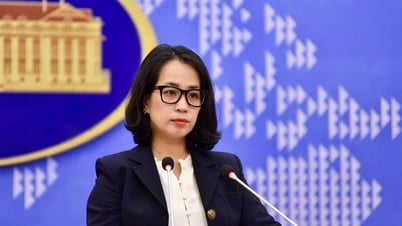



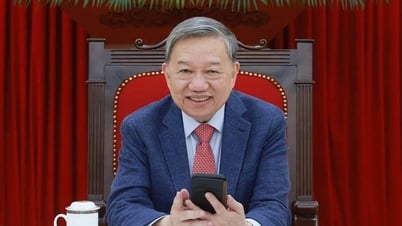



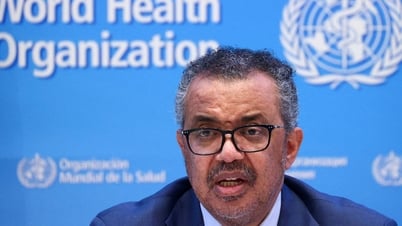
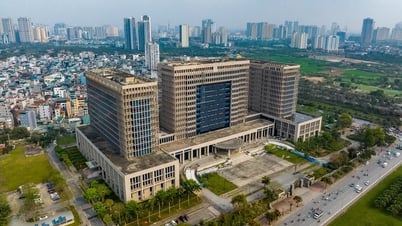
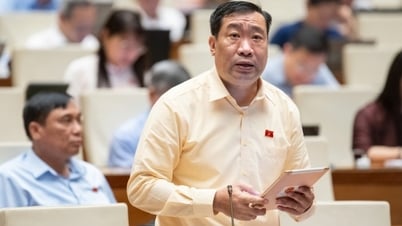
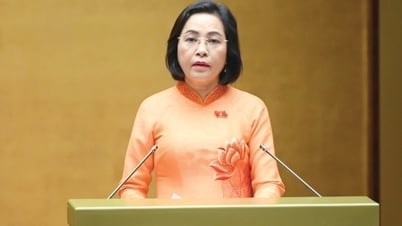
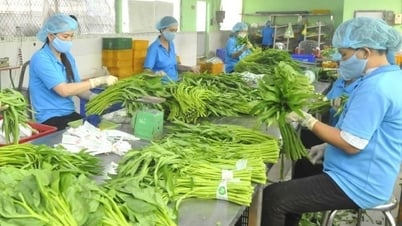
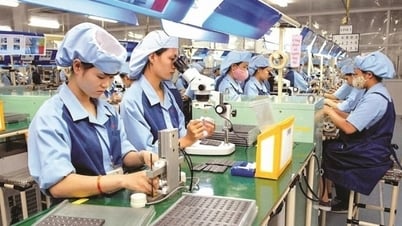






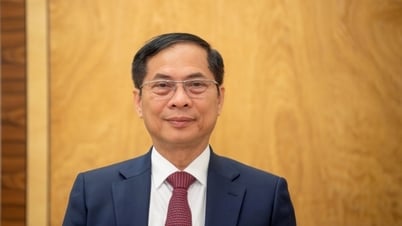
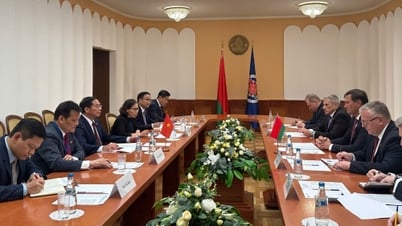
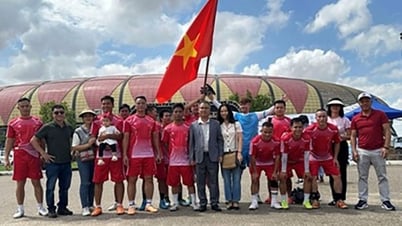
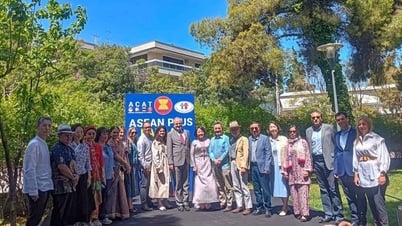
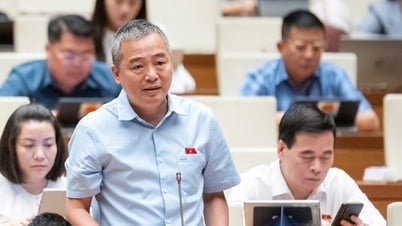
































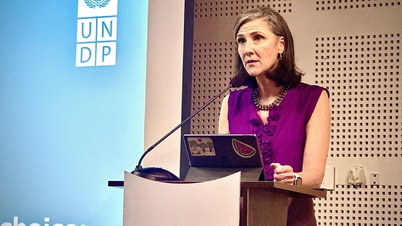
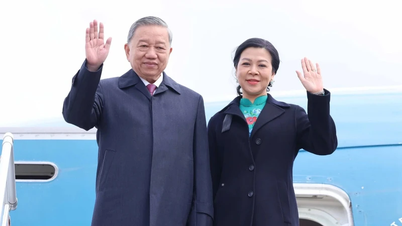
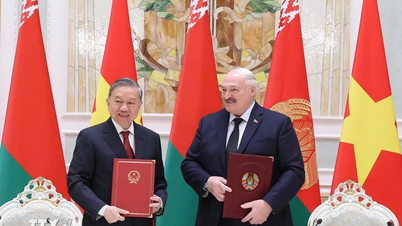












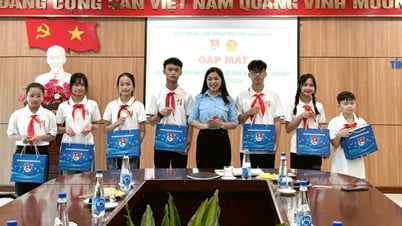

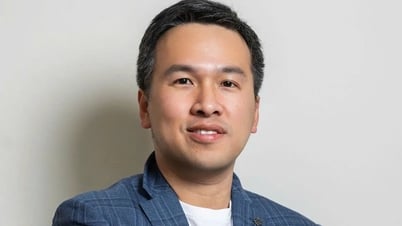
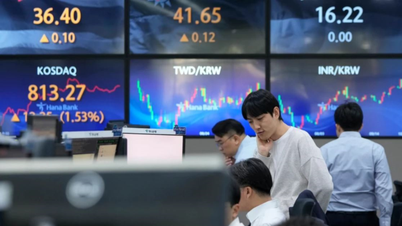
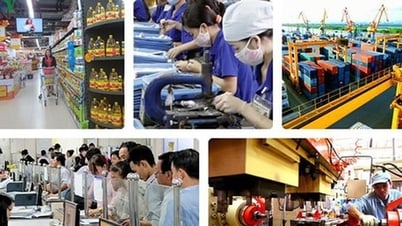













Comment (0)